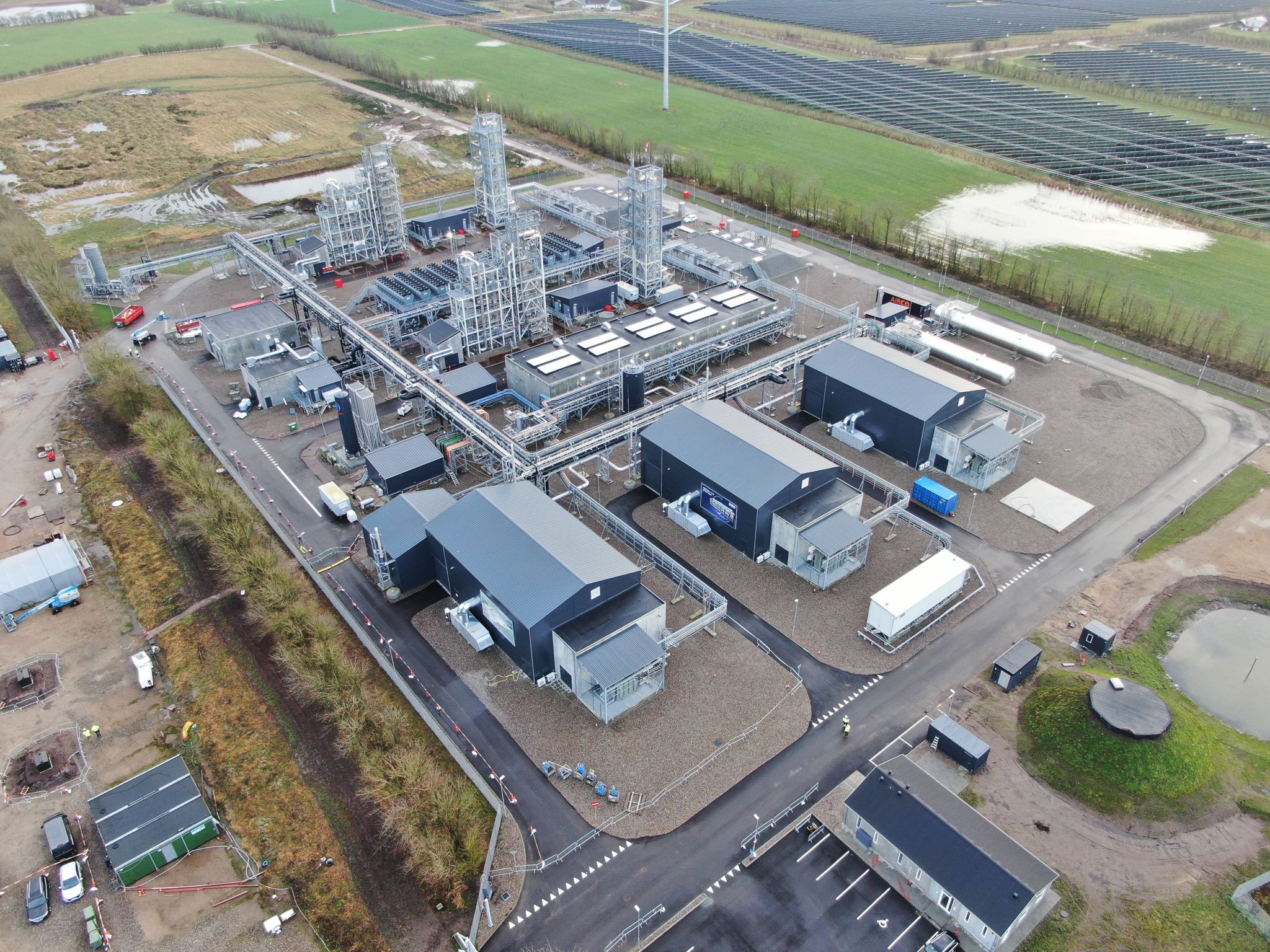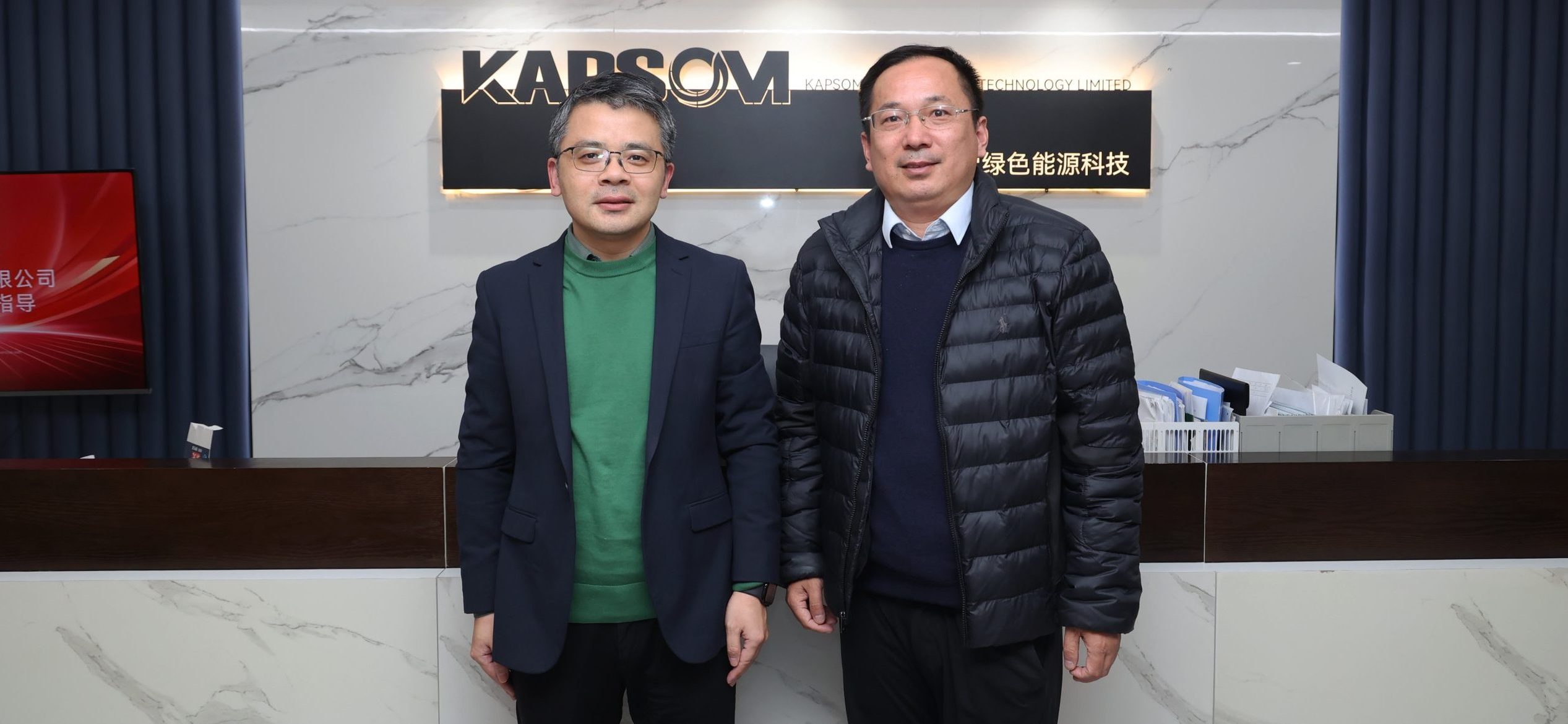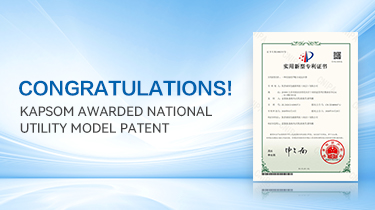On October 29, 2024, representatives from Brazil’s SENAI Institute of Innovation in Renewable Energy (hereinafter referred to as “SENAI”) visited KAPSOM. Both parties engaged in in-depth discussions regarding KAPSOM’s Power-to-X solutions and the specific needs of Brazil’s energy transition projects. Additionally, they explored SENAI’s latest research advancements, examining potential future collaboration opportunities in areas such as sustainable aviation fuel.
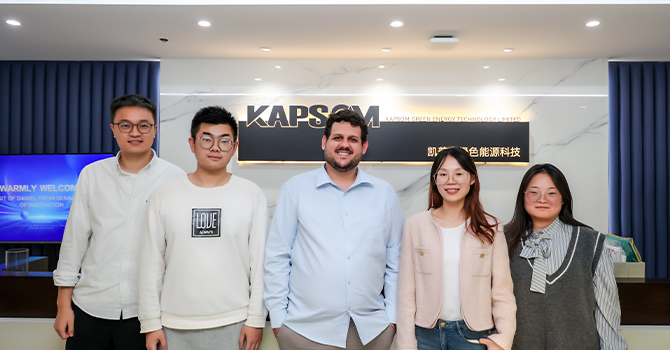
Overview of SENAI
The SENAI Institute of Innovation in Renewable Energy, part of Brazil’s National Service for Industrial Training (SENAI), is dedicated to innovative research in the renewable energy sector. Its mission is to advance the development and application of new energy technologies in Brazil, supporting sustainable development goals. The institute’s research encompasses areas such as hydrogen, wind, and solar energy, providing Brazil with technical support and innovative solutions for the global energy transition.
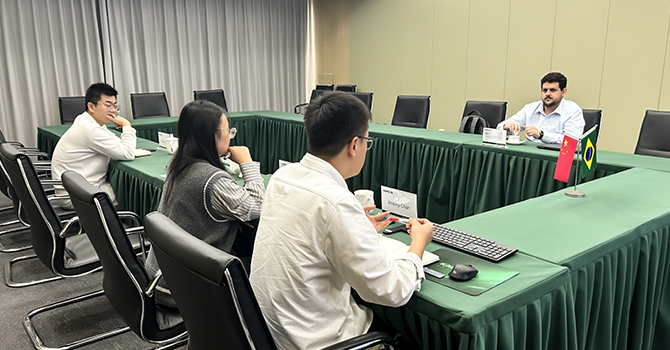
Current Status and Challenges of Renewable Energy in Brazil
Brazil regards renewable energy development as a crucial measure in addressing climate change. With abundant water, wind, and solar resources, the country has rapidly increased the share of renewable energy in its power mix. As the world’s second-largest hydropower producer, Brazil has an estimated hydropower potential of 172 GW, over 60% of which has already been developed. According to the Global Wind Energy Report 2023, Brazil ranks sixth globally in wind energy, with an onshore wind capacity of 24 GW. Data from the International Energy Agency (IEA) shows that Brazil’s combined wind and solar power capacity grew from 5 GW in 2014 to 67 GW in 2023, with renewable energy generation accounting for 70% of total electricity production. The Brazilian government has pledged to double its installed renewable energy capacity by 2030 and phase out coal gradually.
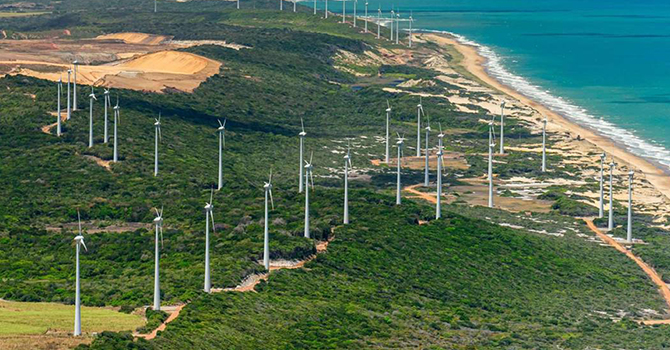
Brazil regards renewable energy development as a crucial measure in addressing climate change. With abundant water, wind, and solar resources, the country has rapidly increased the share of renewable energy in its power mix. As the world’s second-largest hydropower producer, Brazil has an estimated hydropower potential of 172 GW, over 60% of which has already been developed. According to the Global Wind Energy Report 2023, Brazil ranks sixth globally in wind energy, with an onshore wind capacity of 24 GW. Data from the International Energy Agency (IEA) shows that Brazil’s combined wind and solar power capacity grew from 5 GW in 2014 to 67 GW in 2023, with renewable energy generation accounting for 70% of total electricity production. The Brazilian government has pledged to double its installed renewable energy capacity by 2030 and phase out coal gradually.
SENAI Supports Brazil in Addressing Renewable Energy Challenges
As Brazil’s largest vocational education institution, SENAI plays a vital role in supporting green energy development and innovation by introducing advanced technologies, promoting skills training, and driving research and innovation. The institute’s technical advancements in renewable energy and biofuels contribute significantly to improving energy efficiency and reducing carbon emissions, supporting the nation in achieving its sustainable development goals.
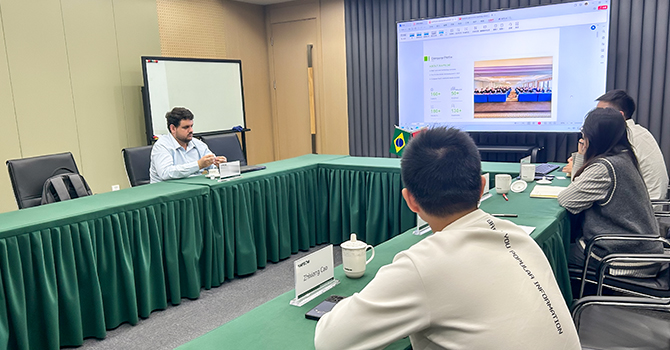
SENAI also works closely with the government and energy companies to advance the research, development, and application of hydrogen, wind, and solar energy projects. These efforts enhance Brazil’s competitiveness in the green energy sector and establish a strong foundation for achieving low-carbon transition and climate targets.
Exploring Future Collaboration
KAPSOM remains committed to advancing green energy technologies, particularly in energy transition and low-carbon development. This exchange with SENAI researchers has provided us with deeper insights into the strengths of Brazil’s energy transition and a more comprehensive understanding of its energy market. Moving forward, KAPSOM will tailor its products and technologies to meet Brazil’s specific energy needs, aiming to inject new vitality into the growth of Brazil’s renewable energy market.
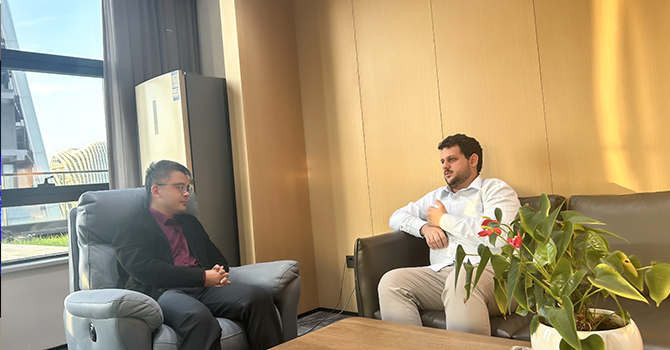
For more information about KAPSOM and its initiatives, please contact dongling@kapsom.com.

